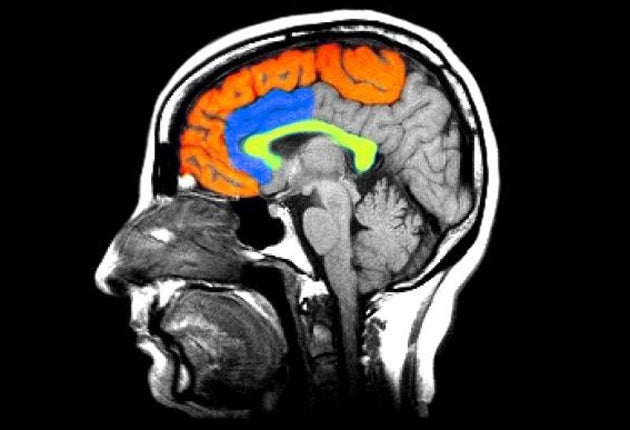Is a sexually transmitted yeast infection making people mentally ill?
Yeast infections and a malfunctioning immune system could 'disturb those brain processes that are important for memory', researcher says

Your support helps us to tell the story
From reproductive rights to climate change to Big Tech, The Independent is on the ground when the story is developing. Whether it's investigating the financials of Elon Musk's pro-Trump PAC or producing our latest documentary, 'The A Word', which shines a light on the American women fighting for reproductive rights, we know how important it is to parse out the facts from the messaging.
At such a critical moment in US history, we need reporters on the ground. Your donation allows us to keep sending journalists to speak to both sides of the story.
The Independent is trusted by Americans across the entire political spectrum. And unlike many other quality news outlets, we choose not to lock Americans out of our reporting and analysis with paywalls. We believe quality journalism should be available to everyone, paid for by those who can afford it.
Your support makes all the difference.A sexually transmitted yeast infection has been linked to schizophrenia in men and also appears to damage the memory of mentally ill women, according to new research.
The Candida albicans fungus is usually present in the human digestive tract, but if it grows to much it can cause burning, itching, thrush in infants, and a genital infection in adults.
The study found 26 per cent of 261 men with schizophrenia were producing immune-system antibodies designed to fight a Candida infection, compared to 14 per cent of those without the condition.
And, while there was no similar pattern in women, those with schizophrenia and the highest Candida antibody levels performed significantly worse in tests of their memory.
Professor Emily Severance, of the Johns Hopkins University School of Medicine, stressed while they had found a link between the yeast infection and mental illness, it was “far too early to single out Candida infection as a cause of mental illness or vice versa”.
“However, most Candida infections can be treated in their early stages, and clinicians should make it a point to look out for these infections in their patients with mental illness,” she added.
“Although we cannot demonstrate a direct link between Candida infection and physiological brain processes, our data show that some factor associated with Candida infection, and possibly the organism itself, plays a role in affecting the memory of women with schizophrenia and bipolar disorder, and this is an avenue that needs to be further explored.
“Because Candida is a natural component of the human body microbiome, yeast overgrowth or infection in the digestive tract, for example, may disrupt the gut-brain axis.
“This disruption in conjunction with an abnormally functioning immune system could collectively disturb those brain processes that are important for memory.”
Professor Severance added Candida infections can be avoided by reducing sugar consumption, avoiding unnecessary antibiotics and maintaining good hygiene. Normally Candida is controlled by friendly bacteria in the body and the immune system.
The researchers, who published a paper on their work in the journal NPJ-Schizophrenia, now plan to look into whether there is a cause-and-effect relationship between Candida infections and memory problems.
Last year, a separate study published in Nature Communications suggested anxiety and depression could be linked to bacteria in the intestines.
Join our commenting forum
Join thought-provoking conversations, follow other Independent readers and see their replies
Comments